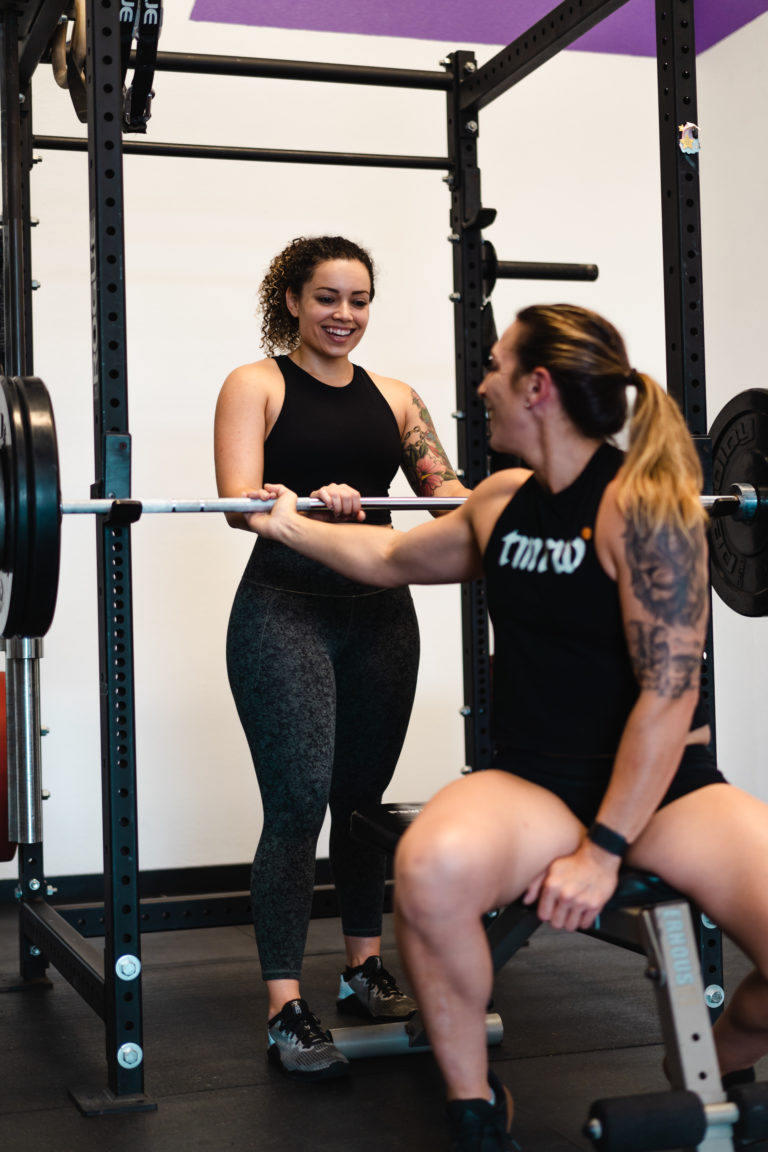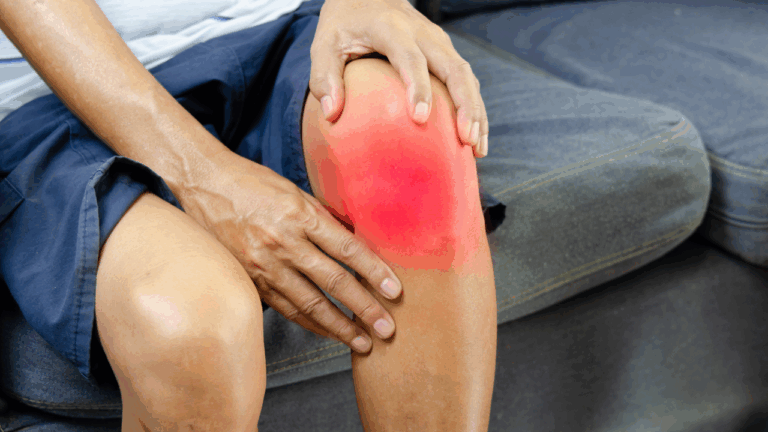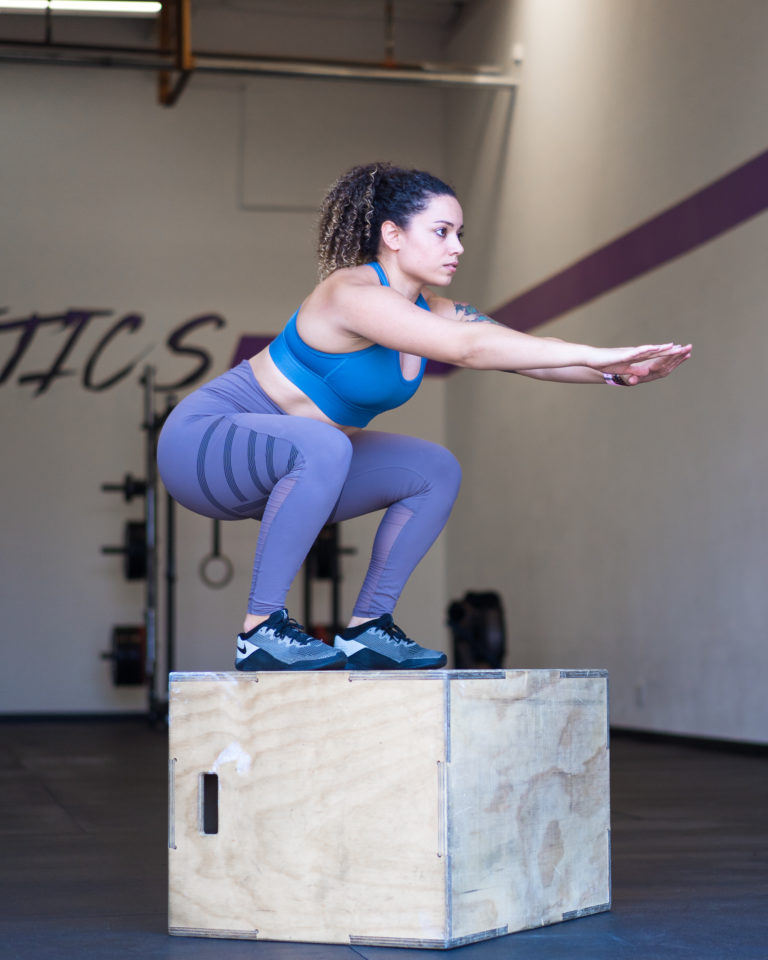Mastering Menopause: A Guide for Female Athletes

Menopause is a significant transition in a female athlete’s life, bringing changes that can impact performance, recovery, and overall well-being.
But with the right strategies, you can continue to train, recover, and thrive.
Here’s a comprehensive guide to mastering menopause as an athlete, covering sleep, fitness adaptations, supplements, and dietary changes for optimal body composition.
Optimizing Sleep for Recovery and Performance
Sleep disturbances are common during menopause due to hormonal fluctuations, night sweats, and increased stress levels. Here’s how to improve your sleep quality:
- Create a Cool Sleeping Environment – Lower the temperature in your bedroom and use moisture-wicking sheets to minimize night sweats.
- Implement a Consistent Sleep Routine – Go to bed and wake up at the same time daily to regulate your circadian rhythm.
- Manage Stress Before Bedtime – Practice deep breathing, meditation, or gentle stretching before sleep to reduce cortisol levels.
- Limit Stimulants and Alcohol – Reduce caffeine intake in the afternoon and avoid alcohol close to bedtime, as both can disrupt sleep quality.
- Consider Magnesium and Glycine – These supplements support relaxation and may improve sleep onset and quality.
Training Adjustments for Performance and Longevity
Menopause affects muscle mass, joint health, and recovery. Here’s how to optimize your workouts:
- Prioritize Strength Training – Resistance training preserves muscle mass, supports bone health, and boosts metabolism. Aim for at least three strength sessions per week.
- Incorporate High-Intensity Training Wisely – HIIT workouts not only boost testosterone, they help maintain type 2 muscle fiber AND make it easier to manage body composition!
- Focus on Mobility and Joint Health – Include mobility drills, dynamic warm-ups, and include the accessory work your body needs to stay healthy
- Recovery Matters More Than Ever – Increase focus on rest days, active recovery, and quality sleep to ensure optimal training adaptation – remember with training, more is not better, better is better!
Supplements for Menopausal Athletes
Supplements can help support hormonal balance, bone density, and recovery. Consider:
- Protein – Prioritize 30-40g of protein per meal to maintain muscle mass
- Collagen and Vitamin C – Support joint health and tissue repair
- Omega-3s – Help reduce inflammation and support brain health
- Vitamin D & K2 – Essential for bone density and immune function
- Creatine Monohydrate – Aids in muscle retention, cognitive function, and overall strength
Nutrition Strategies for Body Composition and Energy
Shifts in estrogen and metabolism require dietary adjustments to maintain muscle, reduce fat gain, and support energy levels:
- Increase Protein Intake – Aim for 1.6-2.2g per kg of body weight daily to support lean muscle mass
- Adjust Carbohydrates Based on Activity – Use carbs strategically around workouts for fuel, while emphasizing fiber-rich sources for gut health
- Prioritize Healthy Fats – Avocados, nuts, olive oil, and fatty fish support hormone production and brain function
- Reduce Ultra-Processed Foods – Focus on a diet that’s 70-80% whole foods and 20-30% processed foods – this not only helps your metabolism it helps with things like making serotonin and dopamine!
- Stay Hydrated – Proper hydration supports digestion, recovery, and overall well-being
Thriving Through Menopause as an Athlete
Menopause does not mean the end of athletic performance—it’s an opportunity to train smarter, recover better, and adapt to your body’s changing needs.
By prioritizing sleep, making smart training adjustments, incorporating key supplements, and refining your nutrition, you can continue performing at a high level while feeling your best.
If you’re looking for a structured approach to navigating menopause as an athlete, Our Mastering Menopause Program is here to help. Join us and take control of your health, training, and performance today!






